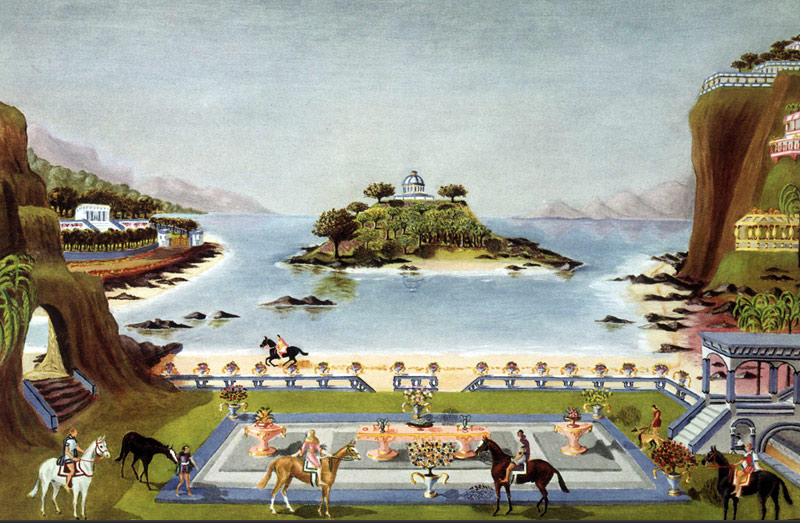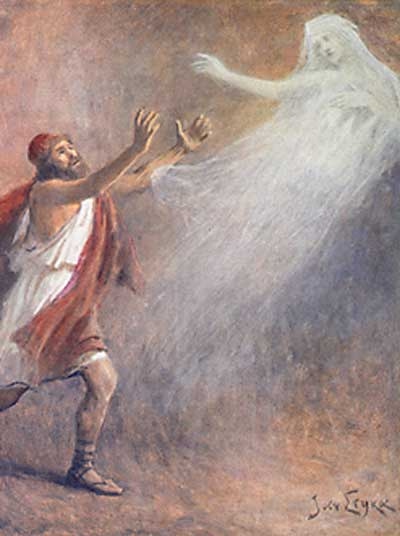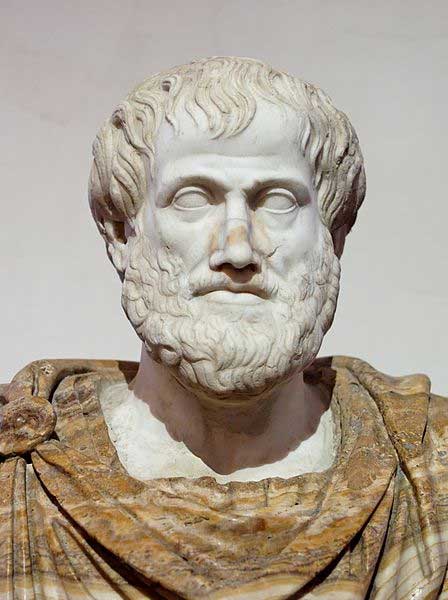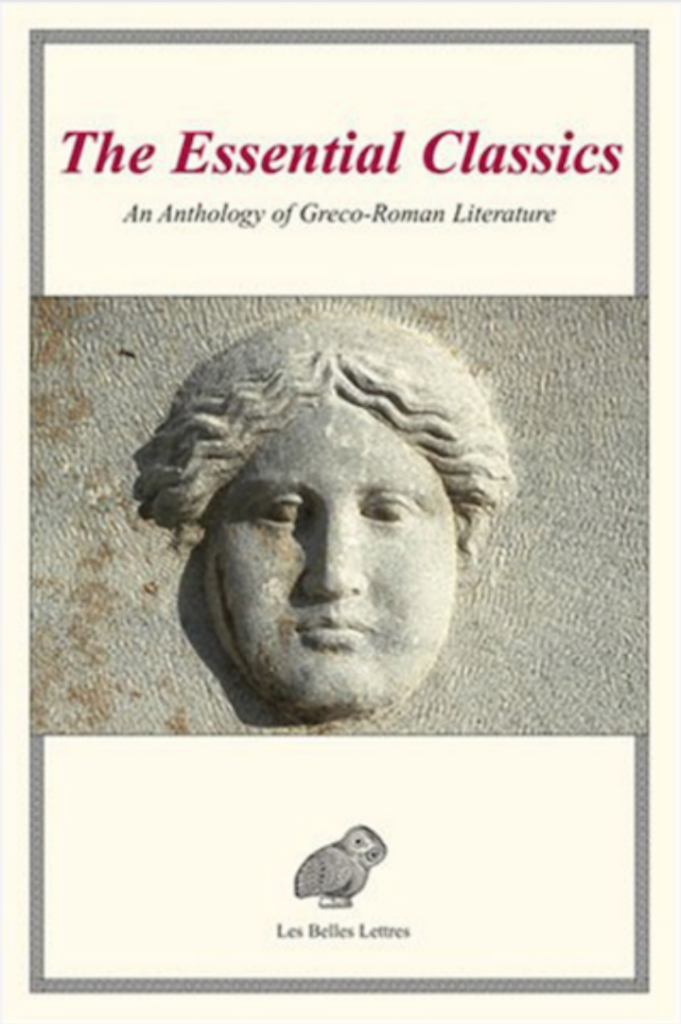We definitely don’t appreciate it in our modern world.
Being vague is considered a negative. It is someone lacking confidence, knowledge, and focus. From the courtroom or the boardroom, the absence of certainty is detrimental.
In our increasingly specific, niche and overly analytical lives, all we do is try to be more precise.
Maybe we can blame the likes of Aristotle, with his list making and constant categorization.
Everything should have a place. A point. A purpose.
But has it always been that way?
Homer, for example, was often very vague… perhaps by design. Cultivating a sense of mystery, he is actively indistinct when pinpointing locations, such as the underworld in the Nekyia. (something discussed in our most recent Classical Wisdom Litterae Magazine, The Appeal of the Odyssey).
Similarly Plato employs obscurity in his dialogues. With confounding details, yet vague folktales, he conjures the myth of Atlantis. (For what purpose this month’s podcast with professors with Dr. Angie Hobbs will delve!)

Some have even argued that the founding fathers were purposefully vague in writing some parts of the constitution… in order to make it more applicable in the unknown future.
In our current culture of burdensome categorizations with its heavy focus on legalese and semantic overloading, can we see the purpose of something being not so clear?
Essentially, is there any need or value in the vague?
As always, you can write me directly at [email protected] or comment below.
I’ll post your responses in next week’s mailbag!
Also, a quick note to remind you that our Essential Classics hardback book makes the perfect gift this holiday season! However, you do have to act fast in order to ensure it ships in time.












No comments yet. You should be kind and add one!
Our apologies, you must be logged in to post a comment.